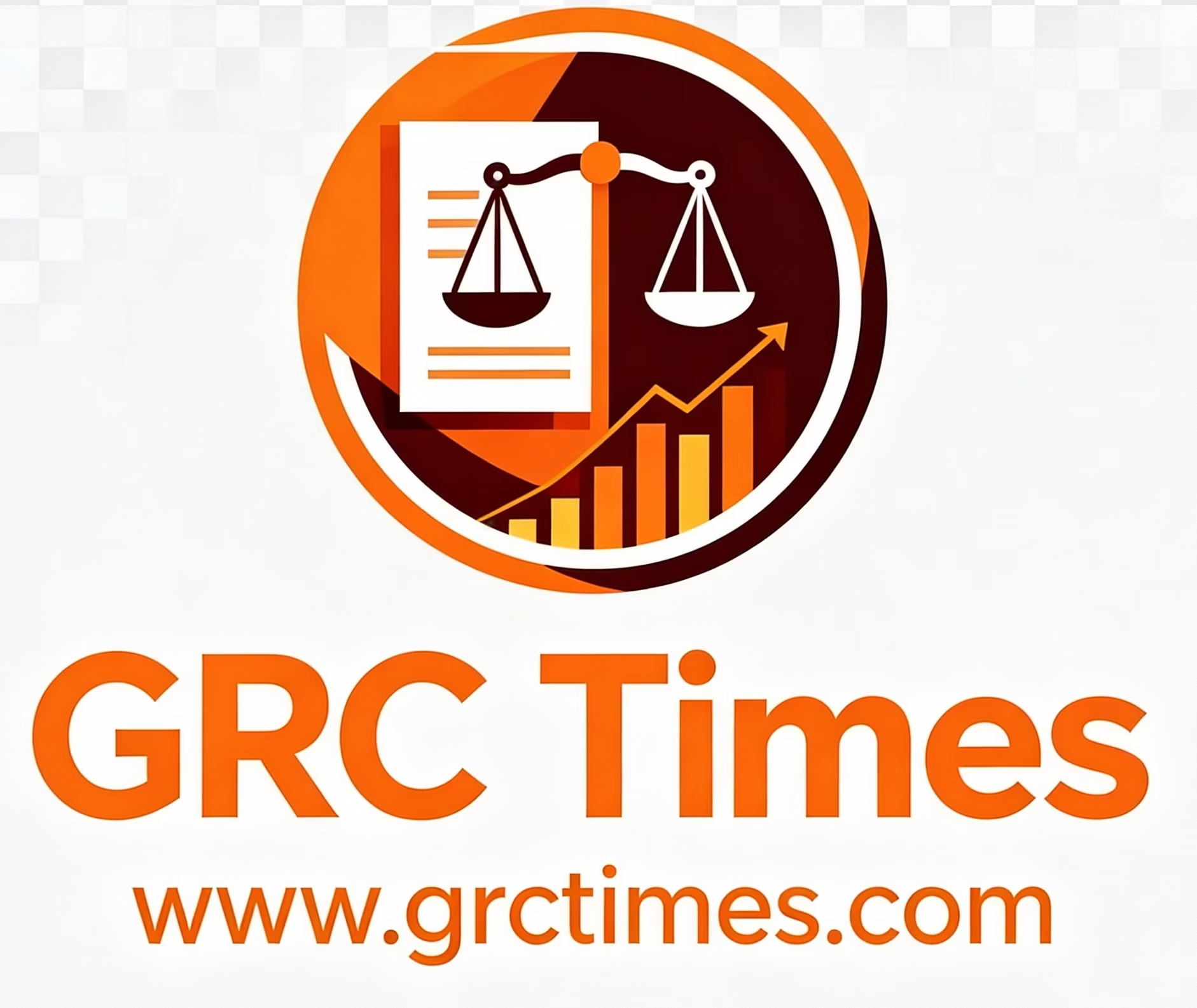Your go-to resource for key HR and labor laws impacting employers across all industries. Each regulation is broken down into who it applies to, key requirements, and practical implications—giving you clear, actionable guidance without the legal jargon.
🔗 Browse individual pages for summaries, checklists, updates, and compliance tips.
| Law / Regulation / Guidance | Definition / Coverage |
|---|---|
| Title VII of the Civil Rights Act of 1964 | Prohibits employment discrimination based on race, color, sex, religion, or national origin. |
| Americans with Disabilities Act (ADA) | Prohibits discrimination and mandates reasonable accommodation for qualified workers with disabilities. |
| Age Discrimination in Employment Act (ADEA) | Bans employment discrimination against individuals age 40 and older. |
| Equal Pay Act (EPA) | Requires equal pay for equal work regardless of sex. |
| Fair Labor Standards Act (FLSA) | Governs minimum wage, overtime pay, recordkeeping, and child labor standards. |
| Family and Medical Leave Act (FMLA) | Grants eligible employees up to 12 weeks of unpaid, job-protected leave for family and medical reasons. |
| National Labor Relations Act (NLRA) | Protects employees’ rights to unionize, bargain collectively, and discuss working conditions. |
| Occupational Safety and Health Act (OSHA) | Requires employers to provide a safe and healthful workplace. |
| Genetic Information Nondiscrimination Act (GINA) | Prohibits employment discrimination based on genetic information. |
| Pregnancy Discrimination Act (PDA) | Prohibits discrimination due to pregnancy, childbirth, or related medical conditions. |
| Uniformed Services Employment and Reemployment Rights Act (USERRA) | Protects military service members’ workplace rights and reemployment. |
| Immigration Reform and Control Act (IRCA) | Requires employers to verify employment eligibility via Form I-9. |
| Consolidated Omnibus Budget Reconciliation Act (COBRA) | Allows continued group health benefits after job loss or other qualifying events. |
| Affordable Care Act (ACA) – Employer Mandate | Requires large employers to offer affordable health insurance or face penalties. |
| Employee Retirement Income Security Act (ERISA) | Sets standards for private pension and health plans to protect employee benefits. |
| Health Insurance Portability and Accountability Act (HIPAA) | Ensures portability of health coverage and protects employee health data privacy. |
| Fair Credit Reporting Act (FCRA) | Regulates use of consumer reports, including background checks, in employment decisions. |
| Worker Adjustment and Retraining Notification Act (WARN) | Requires 60-day notice for mass layoffs or plant closings. |
| Employee Polygraph Protection Act (EPPA) | Generally prohibits use of lie detector tests for pre-employment or during employment. |
| Drug-Free Workplace Act | Mandates federal contractors and grantees maintain a drug-free workplace. |
| Executive Order 11246 (OFCCP) | Requires federal contractors to practice workplace nondiscrimination and affirmative action. |
| Rehabilitation Act of 1973 – Section 503 | Prohibits disability discrimination by federal contractors and requires hiring goals. |
| OSHA Recordkeeping Rule (29 CFR 1904) | Requires tracking/reporting of work-related injuries and illnesses. |
| NLRA Section 7 | Protects employee rights to engage in “protected concerted activity” about wages and working conditions. |
| NLRA Section 8 | Lists employer and union practices deemed “unfair labor practices.” |
| The PUMP Act | Requires covered employers to provide break time and private space for pumping breast milk. |
| Pregnant Workers Fairness Act (PWFA) | Requires reasonable accommodations for pregnancy without forcing leave. |
| State Paid Sick Leave Laws | Require employers to provide paid sick leave in jurisdictions like CA, NY, NJ, WA, MA, etc. |
| State Paid Family and Medical Leave Laws | Mandate paid family/medical leave in states like CA, NY, WA, CO, CT, and others. |
| Equal Employment Opportunity Commission (EEOC) Guidance | Provides enforcement guidance on discrimination, harassment, and accommodation. |
| OSHA General Duty Clause (Section 5(a)(1)) | Requires employers to provide a workplace free from recognized hazards. |
| Whistleblower Protection Laws (FDA, OSHA, SOX, etc.) | Protect employees who report illegal, unsafe, or unethical employer conduct. |
| NLRA Poster Requirement | Mandates posting of workers’ union rights under federal law. |
| Veterans’ Employment and Training Service (VETS) Laws | Ensure nondiscrimination and equal opportunity for protected veterans. |
| Wage and Hour Division (DOL WHD) Compliance | Enforces federal laws on minimum wage, overtime, and family leave. |
| EEOC Retaliation Guidance | Outlines protections for employees who report discrimination or participate in investigations. |
| Uniform Guidelines on Employee Selection Procedures (UGESP) | Directs employers to use job-related, validated hiring practices. |
| E-Verify Program (DHS/USCIS) | Voluntary (or required in some states/contracts) electronic employment eligibility verification. |
| Form I-9 Regulation | Requires verification of identity and work eligibility of all new hires. |
| State Anti-Harassment Training Laws | Require prevention training in CA, NY, IL, CT, and other jurisdictions. |
| California Fair Employment and Housing Act (FEHA) | Broad state law banning workplace discrimination and harassment. |
| Pay Transparency Laws (State-Level) | Prohibit retaliation for discussing pay and mandate wage ranges in job postings (e.g. CA, NY). |
| Service Contract Act (SCA) | Requires federal contractors to pay prevailing wages and benefits to covered service workers. |
| Davis-Bacon Act | Sets prevailing wage rates for contractors on federally funded construction projects. |
| Worker Misclassification Rules (IRS & DOL) | Penalize mislabeling employees as independent contractors. |
| OSHA COVID-19 Guidance | Recommends workplace strategies for preventing COVID-19 transmission. |
| OSHA Workplace Violence Guidelines | Provides best practices for preventing violence in high-risk industries like healthcare. |
| COBRA Notice Requirements | Mandate timely notices about rights to continue health coverage. |
| ERISA Fiduciary Rule (DOL) | Sets standards for financial advice provided to retirement plan participants. |
